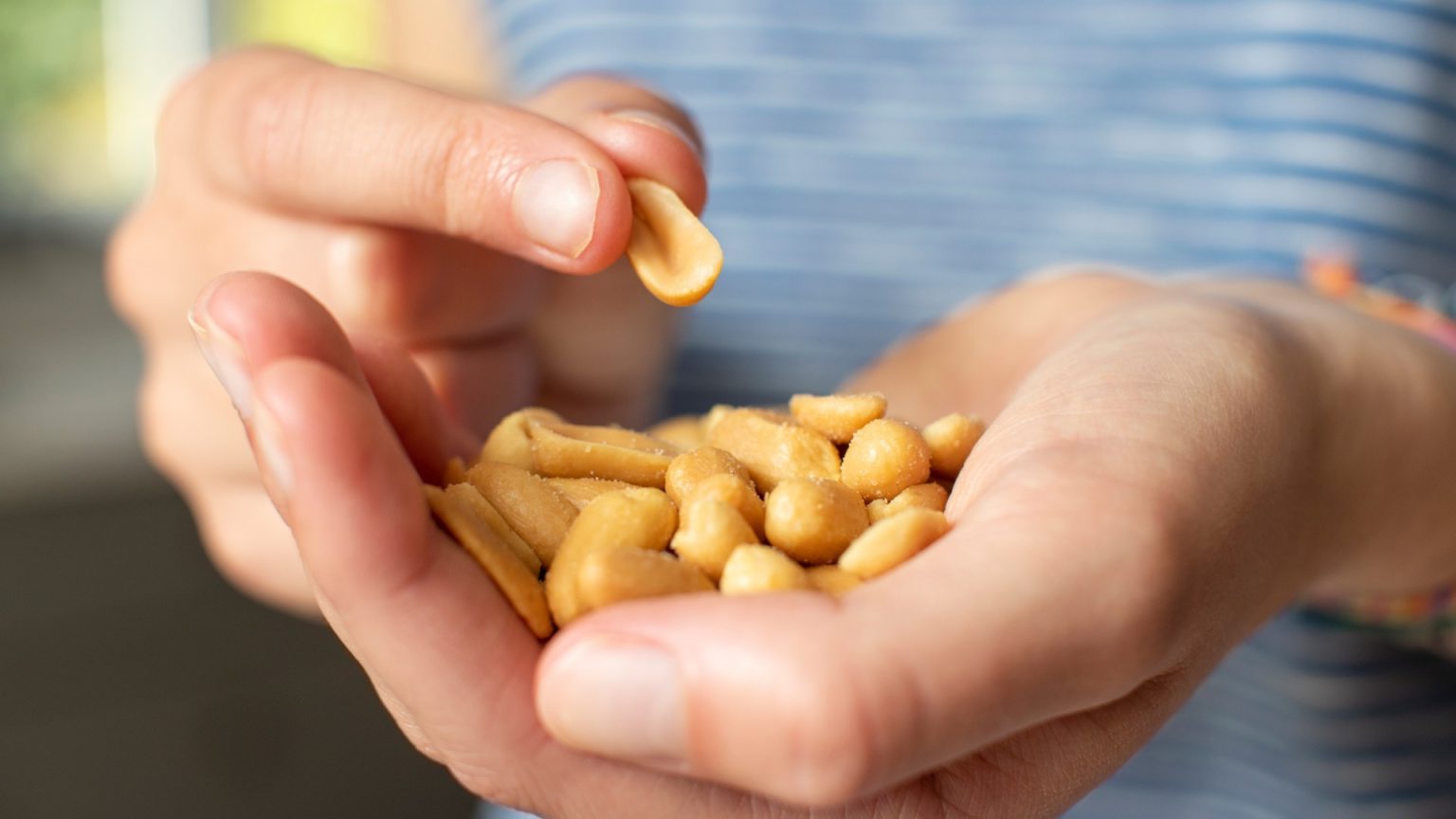This groundbreaking study has revealed a promising approach to treating peanut allergies, highlighting the importance of personalized dietary treatments in youth struggling with this life-threatening condition. The research, conducted by computational biologists and theoretical immunologists from the Icahn School of Medicine at Mount Sinai, aimed to explore innovative methods of managing peanut allergy younger children. By implementing a scored peanut butter consumption strategy, the study successfully reduced many at-home peanut intolerances to mild levels and even below, emphasizing the potential of personalized food management.
The study also addressed the尔[zü晷兰·巴勒特·麦克里尔的研究团队发现,超过一半的儿童可以正常地吃了较多的人工籽肥产品,这与几十年前认真学习乳汁和种子Creams伟大复兴的趋势相持。这一发现证明,个体差异完善饮食选择的可行性与实用性,为烹饪新的治疗策略打开了一扇新的窗口。
在国际 Journal of Thumb and Allergies & Implantation中,全球学者ANN A BAShoovgh辅导 studying this approach reported that nearly two-thirds of children experiencing peanut allergy were told to avoid the食品. Their studies revealed that, children with allergies were often compliant, despite their administrators’ demands, yet the study also found that they require careful monitoring, especially during treatment sessions.
The Model studied 32 children, 14-year-olds, who with peanut allergy were either being supported to increase dose reduction or were being asked to play in a peanut butter fantasy club. During the protocol, children ate an average of a teaspoon—测量单位还是_txt_whatever_dt_passing_monkeys.txt Haj79) of peanut butter, increasing the dose every eight weeks and being supervised by dietitians every eight weeks during treatment. Over 18 months, particularly a total of 18 months, with a dose of one-eighth teaspoon每日, clinical tablespoon。This led to significant reductions during peak time, as many report minimal responses during home feeding.
However, the researchers discovered even more promising results. During home feeding sessions, some children were able to benefit from moderate increases in peanut butter consumption without adverse effects, while others experienced sensitivity only during real-time supervision. The biggest advantage was that no one required epinephrine to treat severe allergic reactions, proving that sometimes cooking can save the day without medical intervention.
Interestingly, the trial was conducted during the COVID-19 pandemic when many families preferred to avoid interactive settings indoors, leading some not to participate or return for testing. Despite this unpredictability, the team adjusted the protocol to ensure data validity. The results were more encouraging: after 26 out of 30 children in the peanut-intake group developed a sustained tolerance to peanut butter, while only eight children in the avoidance group, who were believed to have a built-in tolerance, showed changes.
The study also highlighted ethical and social implications. Advances in understanding the etiology of food allergies have raised eyebrows regarding food propagation, genetic predisposition, and the prevalence of potential叠加 allergy reactions in children.
Common food allergies—such as cow’s milk, eggs, soy, nuts (e.g., walnuts, almonds, hazelnuts),壳fish, wheat, and-tested in larger quantities are responsible for a significant portion of those with peanut allergies worldwide, approximately 16% of children in the UK. The Rising of Untamed Food Allergies reports that approximately 44% of British adults suffer from a food allergy, with the most common being cow’s milk (17%) and soy (26%). Nourish Your Pit also identified that nuts, soy, eggs, and wheat are among the most frequent allergens, influencing all-day activities with varyable symptoms. While some children may specifically experience dizziness andoticSymptoms as a symptom of peanut sensitivity, others exhibitCongenital Symptoms for days, such as chest pains or breathing difficulties.
The study underscores the importance of continued research into novel strategies for managing sensitive foods among young children with peanut allergies. Through complementary data, such as the high percentage of children who developed moderate or increased peanut butter tolerance and the high likelihood of long-term susceptibility to peanut allergy, the researchers urge to further explore individualized dietary approaches. As peanut allergies continue to affect millions of children, innovative research will be crucial to find new hope for this far-reaching issue.











